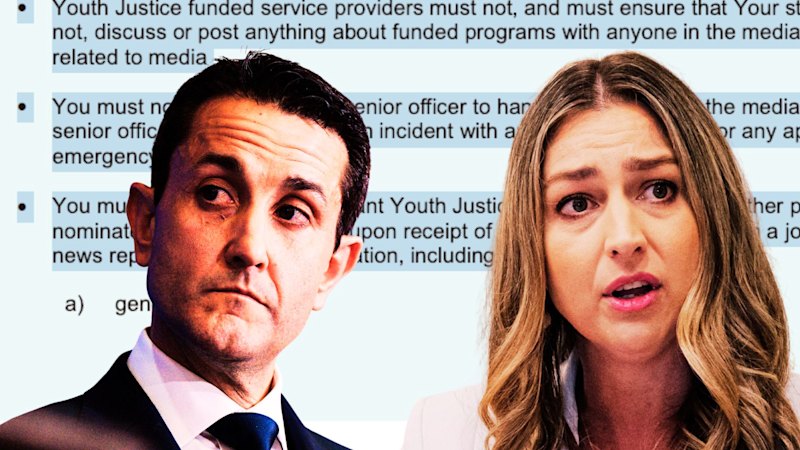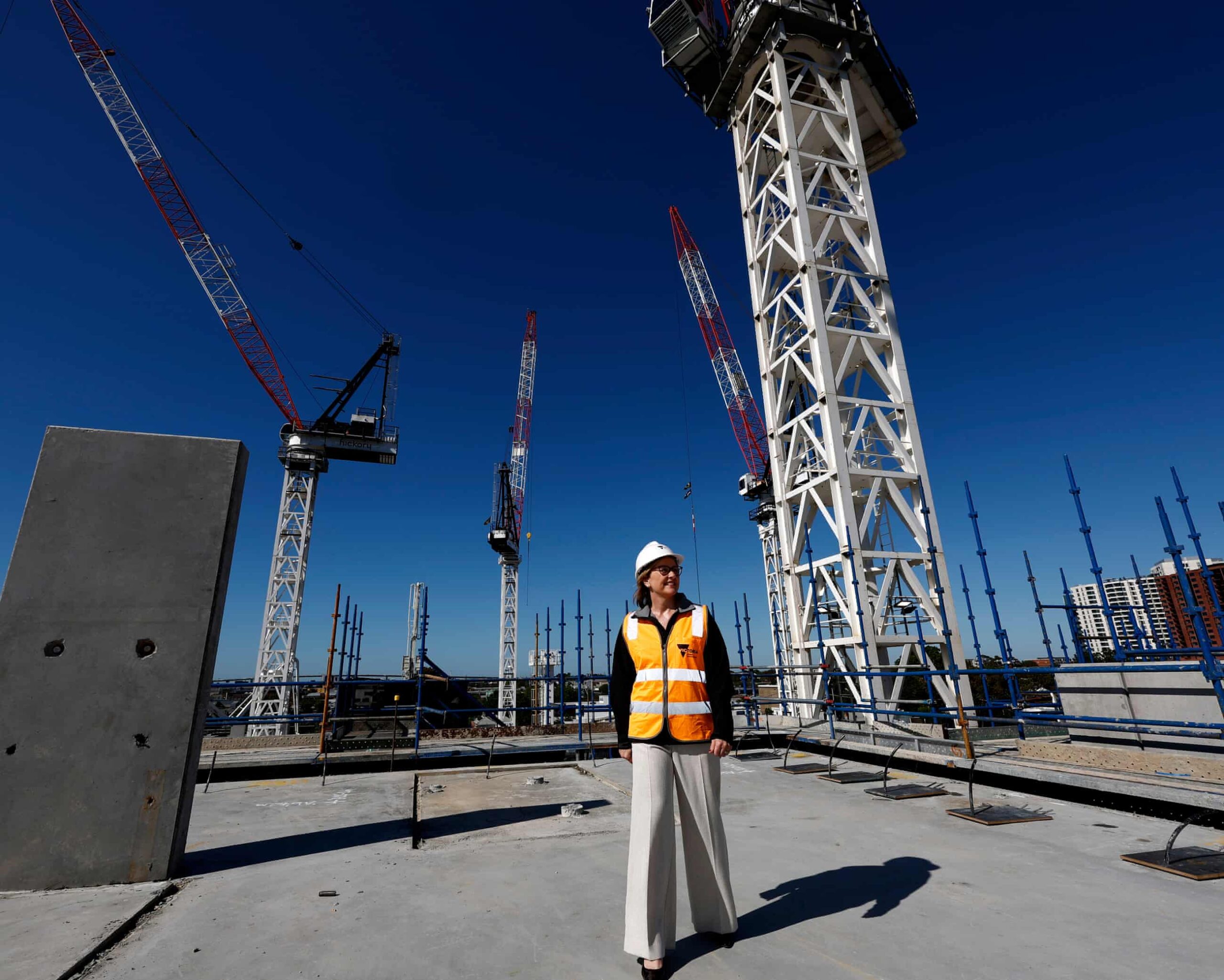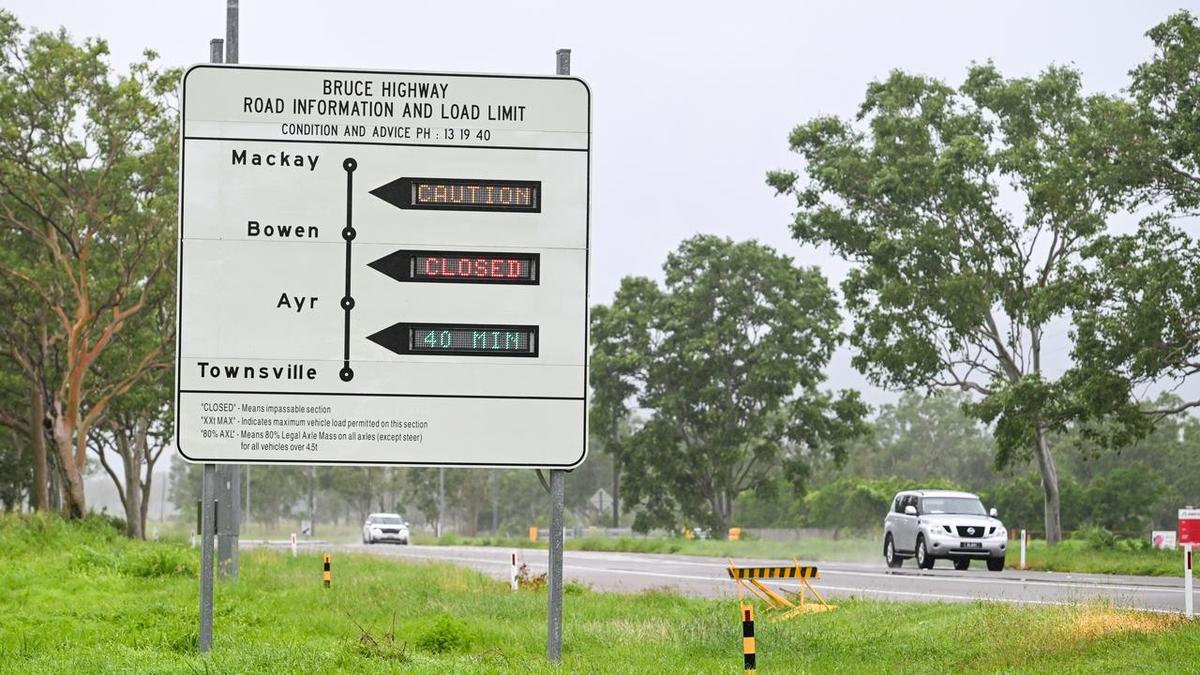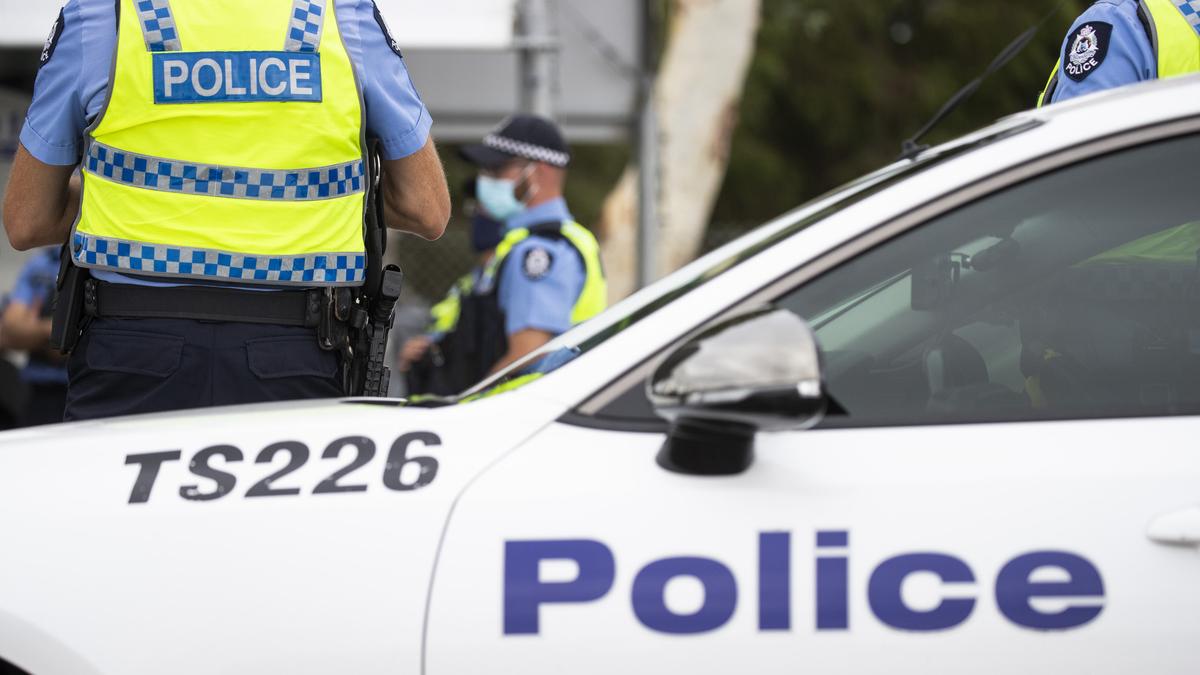
URGENT UPDATE: Community leaders in Queensland are raising alarms as the state’s Youth Justice department prepares to implement new contract clauses that could “silence” youth justice organizations critical of the government. These clauses will prohibit front-line service providers from speaking to media without prior approval, a move critics say threatens the very foundation of free speech.
Just announced, these restrictions are part of an ongoing effort by the Crisafulli government to enforce privacy requirements under the Youth Justice Act. However, Michael Cope, president of the Queensland Council of Civil Liberties, argues that the explanation is inadequate. “These clauses are not about privacy,” Cope stated. “They simply prohibit the organisations from talking to journalists. Such broadly cast clauses are a clear violation of the right of those organisations to free speech.”
This development comes amid heightened scrutiny of the Crisafulli government, which returned to power in October 2023 after nearly a decade in opposition. The administration has been vocal about addressing what it labels a youth crime “crisis.” However, the new restrictions echo past criticisms faced by the previous LNP state government under former premier Campbell Newman, which was condemned for limiting community organizations’ ability to advocate for law changes.
The implications of these restrictions are profound. Critics fear that by limiting public discourse, the government could effectively stifle dissent and critical perspectives on youth justice issues. This could lead to a chilling effect on organizations that rely on government funding, thereby risking their operational viability if they choose to speak out.
Community responses are already emerging, with leaders expressing concern that these new requirements will hinder their ability to serve vulnerable youth populations effectively. As these organizations navigate the complexities of compliance versus advocacy, the future of youth justice in Queensland hangs in the balance.
Moving forward, stakeholders will closely monitor the implementation of these clauses and their impact on community engagement. Advocates are calling for transparency and the protection of free speech as essential components of effective youth justice reform.
What’s Next: Community organizations and legal experts are expected to rally against these changes, and potential legal challenges could arise. The ramifications of this policy shift will be significant, and all eyes will be on how this develops in the coming weeks.
Stay tuned for more updates on this urgent issue affecting Queensland’s youth justice landscape.






